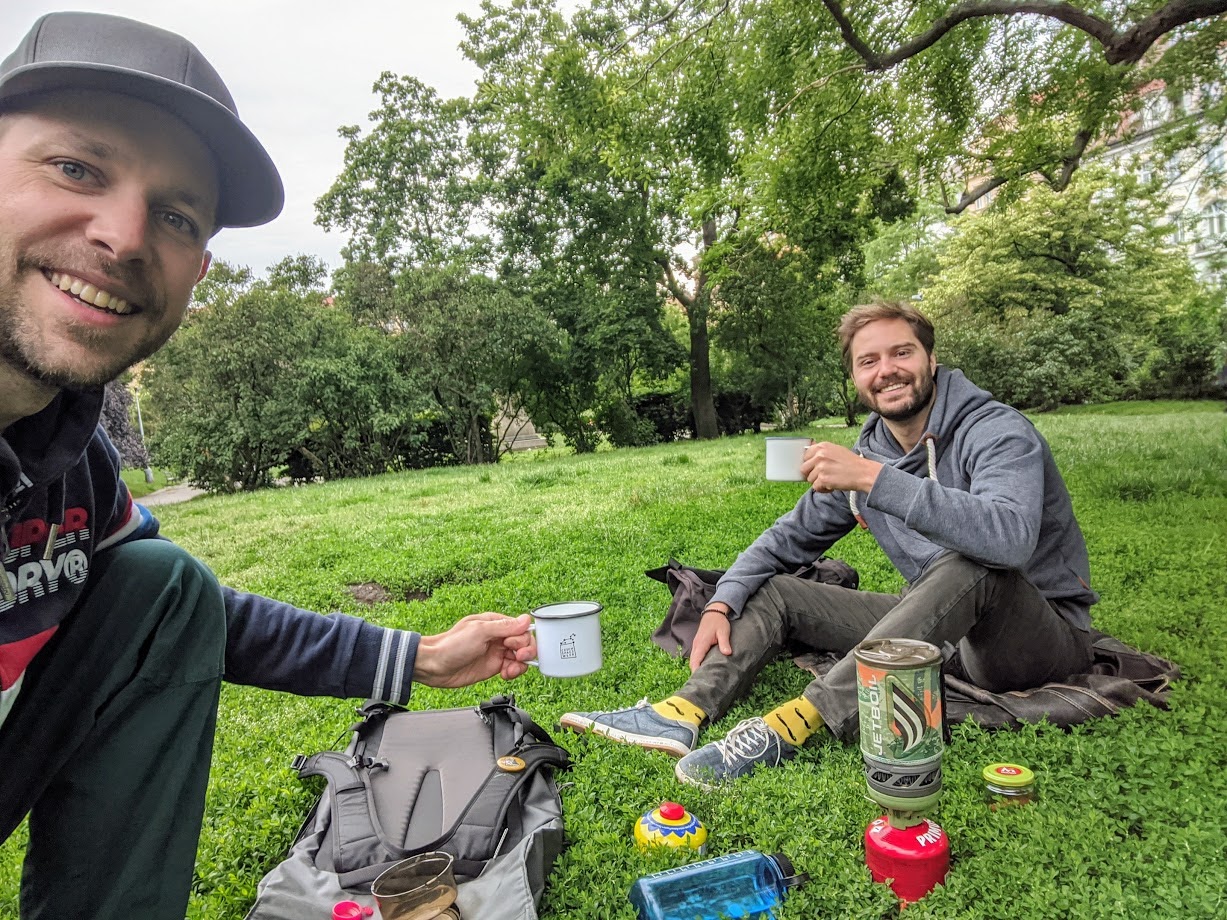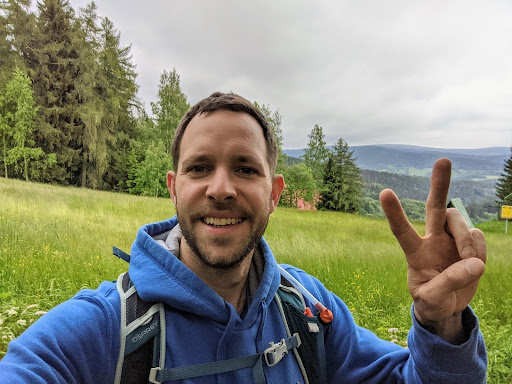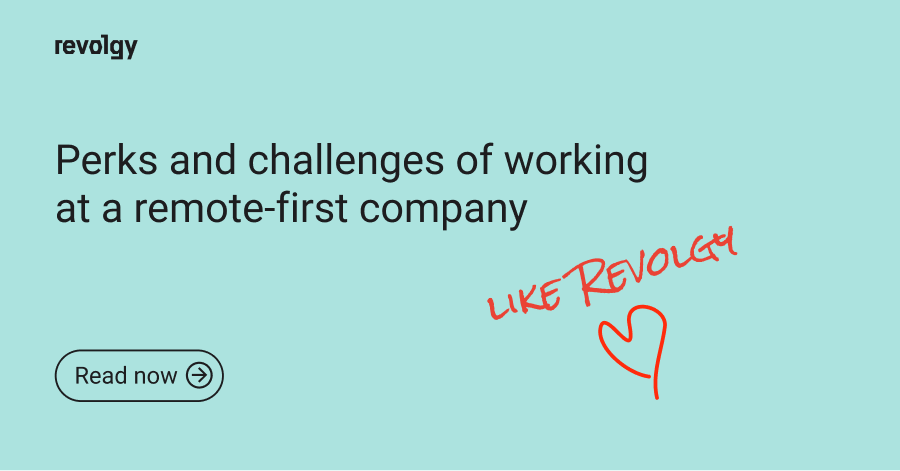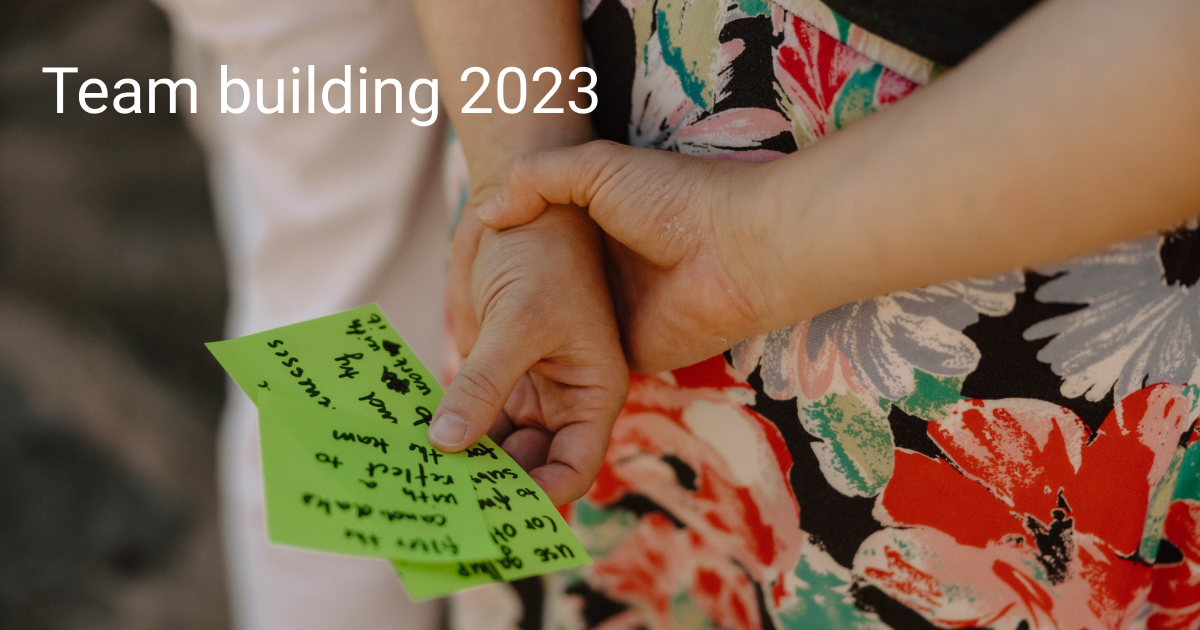Inside Revolgy
Why (and how) we still work remotely after COVID-19
The global pandemic of COVID-19 forced most of us to do almost everything online due to health concerns. For us at Revolgy, moving our company operations fully online was an obvious decision, as remote work is an integral part of the cloud ecosystem. Before the pandemic, we just wanted to give it a try for a couple of weeks to prove that the cobbler’s children, in fact, do not go barefoot.
But when we made this decision, we didn’t know that the lockdown would last so long. So we ended up working remotely for months. In the end, it worked better than expected, and we’ve decided to switch Revolgy fully to a remote-first approach even after the restrictions were lifted.
Big city job, small city life: Cost of living and hiring international employees
The overall problem of living in any European capital is the cost of living. The same applies to Prague where the headquarters of our company is located.
The prices of real estate in Prague went up over the past couple of years drastically, making it almost impossible for the majority of citizens to own property. If you don’t want to rent forever, your only choice is to move to the countryside. But what about your job? You still have to be in the office in the city from 9-5. A commute is an option of course, but we all know how time-consuming it is.
Allowing your employees to work from anywhere they want, you’re not only saving their time (and money). You’re also giving them the freedom to choose where they want to live and how they want to spend the majority of their time with their family, dogs, partners, etc.
I, for example, am a mountain lover who doesn’t want to be stuck in Prague. Thanks to my employer I don’t have to be. I can easily decide to move to Liberec for example and climb the mountains every day after work if I wish to.
Do you want to be closer to your family who lives in Zlín, but your job is in Prague? No problem. You can live in Zlín without having to change your job.
By adopting the remote-first approach, you’re giving your employees the ultimate freedom in their everyday lives.
“Work-life balance” is no longer just an empty buzzword
The same goes for hiring. We’ve all seen the job adverts promising “work flexibility” and “home office”. Some of us might have even accepted such a job offer just to learn that in reality, you have to ask your boss for special permission each time you want to take a home office. This is not how I understand work flexibility.
Being strictly office-first also means your hiring is focused primarily on the city where your company is located. And there we go, the same issue when trying to buy a property appears when trying to hire great candidates in capitals.
Adapting a remote-first approach will open a much wider pool of talents to choose from for your company. An unlimited number of potentially great candidates are out there waiting for your call. Craving for a company that will give them the freedom that you can offer. And you don’t even have to rent an office in another expensive capital city.
But there is a flip side to this as well. I recently saw a debate about salaries in technological companies that allow their employees to work remotely. You might think “Great, I can work for a Prague-based company, have the capital city salary, and save on rent by living in the countryside.” But as working remotely is gradually becoming a standard, salary cutbacks happen in some companies.
Mark Zuckerberg, the CEO of Facebook, said that the company will begin to offer remote work to new hires, beginning with senior engineers. Current employees will soon be able to request switching to remote work as well. But, there will be salary adjustments: “If you live in a place where the cost of living is dramatically lower, then salaries do tend to be somewhat lower,” Zuckerberg told the Wall Street Journal.
Striking a new balance between work and life
For me, a company choosing to go remote-first poses a way more valuable benefit than the usual list of food vouchers, gym memberships, and other giveaways. But I also see some challenges to this approach. Working remotely also means that you will live according to the company’s vision, mission, and values everywhere as you will lead your personal and professional life in a tight parallel.
The remote-first approach is not for everyone.
It’s definitely not for those who want to work 9-5 for the rest of their lives. It comes with some challenges that you and your company will have to face, but if you decide to take this challenge a new way of living will open up for you.
I love my job, and I have a lot of respect for my team. But most importantly my professional life is tightly connected to my personal life. And I enjoy it a lot!
If I feel like spending a week in the mountains to be able to go hiking after work, I simply pack my laptop and go. If my teammates want to see their families, they don’t have to wait for the weekend.
There is a lot of mutual respect and trust within our team as well as the personal responsibility of each of our team members. This allows us to get the work done while keeping our freedom.

Working "backpacking style". Having coffee and 1:1 meeting in nature = just another day at the office.
The more mindful way of living. Remote work as a cure for the “big city anxiety”
Usually, work requires a lot of creative thinking. I have tons of things on my mind all the time. One minute I’m finding new ways of how to improve our services, the other I think of how to enhance our team spirit even more, or how we can best help the client I spoke to this morning.
The problem is that I’m constantly being disturbed by the rush in the office where it’s. It's hard to catch "the flow". Don’t get me wrong, all that buzz might be inspirational sometimes, but when I need to deeply concentrate on complex topics it's not an ideal environment.
The same goes for living in big cities. I’m having days when I have to quickly go through a large number of different tasks and operative agendas without a chance to slow down and think deeper.
Last week, I decided to take my work with me to the Czech mountains. I was working in the morning and going hiking every evening after work. I chose three topics to think about and headed for the mountaintops. It gave me the space I needed to think. When I got back home, I had complete clarity of mind on these topics and defined takeaways ready to be turned into deliverables. Which I did the following week.
Compared to the usual time spent at the office, when sometimes I struggled to deliver one complex topic a month, I see this as a significant increase in my productivity. Self-discipline plays a role here for sure, but the point I’m trying to make is that the ability to work from anywhere gives you and your team the opportunity to reach their maximum potential. Just let everyone choose the environment that works best for them, and you’ll see tangible results.

My favorite thing to do — hiking in the mountains and just thinking
Stepping outside of your social bubble
Living in the capital city also usually means living in a social bubble. We (as in, the people who live in big cities) are constantly being surprised by the results of political polls, by the people’s preferences outside our social bubbles, by reading the comments on social networks in different psychographic sets.
To understand the root cause of these differences it’s necessary to understand it in a broader context and step away from our usual environment. Traveling can help us with that. It’s an essential part of creating our own understanding of the global society in a deeper context. However, we tend to travel mainly abroad, and we underestimate the importance of traveling within our homeland. If we did it more, it would have helped us understand the context of our own society better.
Having the possibility to work from any part of the world means also having the opportunity to work from any part of your own country and to connect with people in different socio-geographical contexts to find a better understanding of one another. I think in current times we need this more than ever.

